A safari in Africa is filled with moments that leave you speechless, unexpected encounters that take your breath away, and something to surprise you around every corner. Coupled with its pristine diverse landscapes, vibrant local cultures, and extraordinary wildlife, it serves as the perfect backdrop for both professional and aspiring wildlife photographers alike.
James Suter, co-founder and director of Black Bean Productions, is one of Africa’s premier wildlife photographers and filmmakers, whose work is at the forefront of conservation. His films on African conservation stories have been featured on National Geographic and won numerous international awards. He shares some wildlife photography tips.

With his extensive background in professional guiding and travels throughout Africa, James is able to capture his subject in an intimate and honest way. Using his profound knowledge of the African bush, coupled with photographic expertise he produces content that allows his audience to connect to the places, people and wildlife featured in his photographs and films.
We caught up with James recently to chat more about his passion for photography and conservation, and get some wildlife photography tips first-hand on how to capture and create unforgettable stories through the lens…
My passion for the outdoors started at a young age and was passed down from my father, whose love of wildlife, particularly birds, left me inspired. I realized from a very young age that I had a deep connection with the wilderness and with wildlife. I started studying for a degree in commerce but soon realized that I wanted to focus my energy on something that I really enjoyed. This led to my decision to pursue Environmental Studies and Game Ranch Management, which allowed me the flexibility to explore other areas of interest and ultimately led to me becoming a Guide.
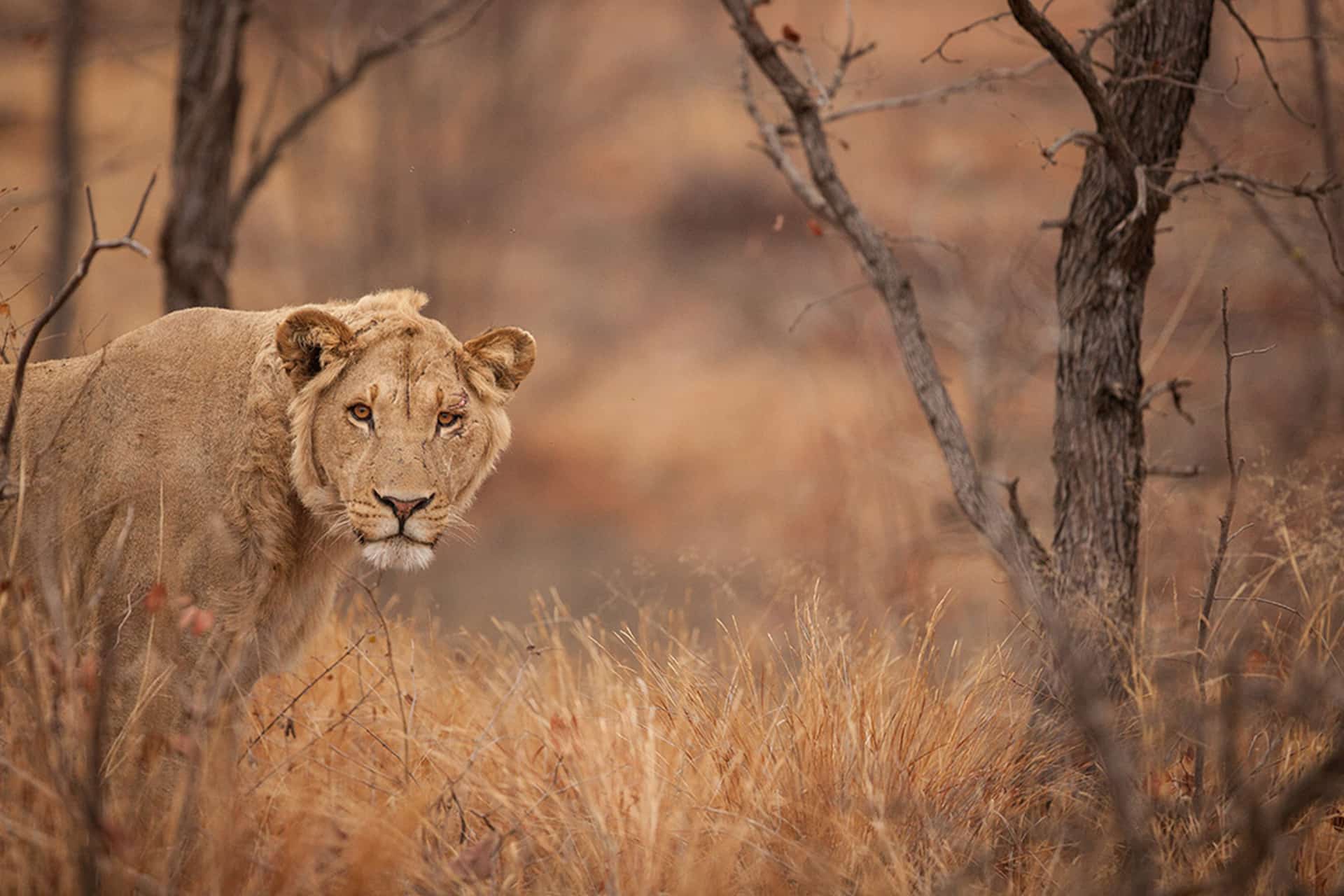
After a few years, I was working in the beautiful concession on the Eastern boundary of Kruger National Park for Singita. I found myself wanting to document the incredible scenes that were unfolding in front of me. I started photographing wildlife while I was out guiding and this developed into a love for the craft and capturing wildlife in their natural habitat.
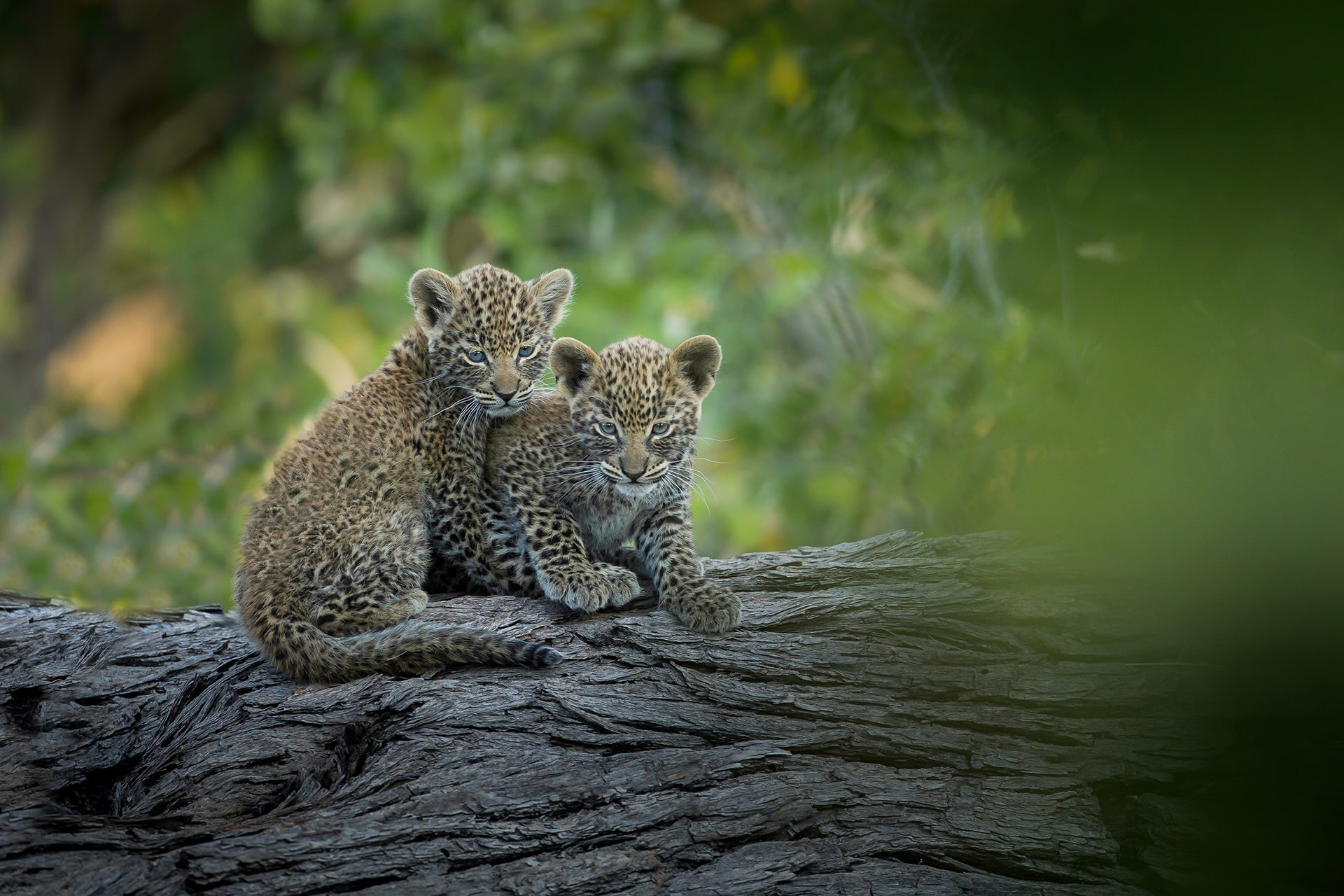
My wife, Sam and I, were based in Kruger during the height of the rhino poaching crisis and saw first-hand the impact it was having, not only on the dwindling rhino populations but also on the ecosystem as a whole and the local communities. One morning we encountered a dying rhino who had fallen victim to poachers. This chance encounter really invoked our passion for using film to create change. The first film we produced as Black Bean was focused on raising critical awareness around an issue that was driving critically endangered rhino populations to the brink of extinction. Over the last 10 years, this passion has only developed further and so much of the content we create is focused on addressing humanitarian and environmental issues.
What helped us in Black Bean’s formative years were the contacts that I had built up in the conservation field, as well as the fact that I was knowledgeable on these conservation and wildlife topics. I was trusted to be out there in the field, knew how to be sensitive, and my way around a wilderness ecosystem. This was hugely beneficial in those early days.
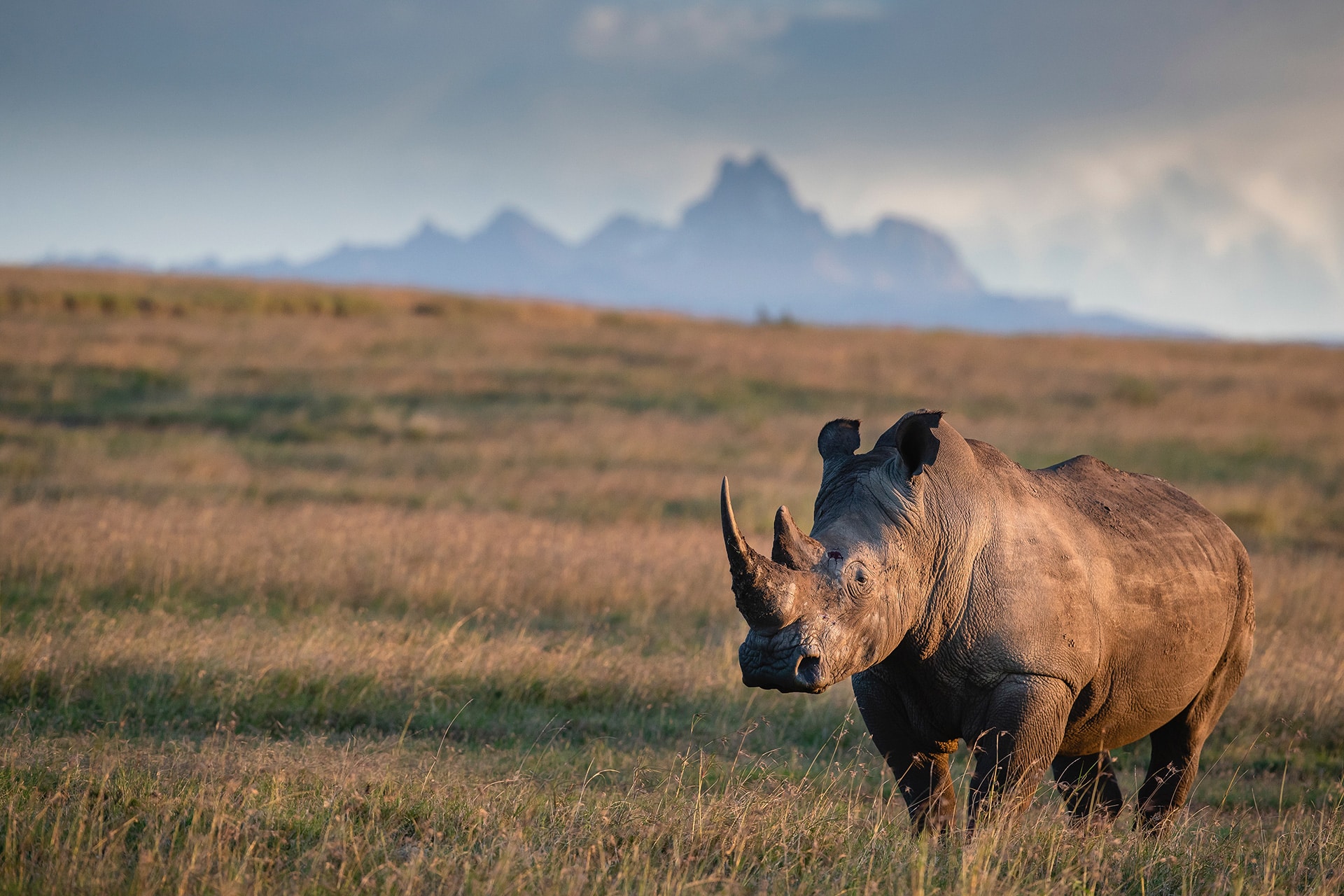
In terms of my photographic work and my photographic safaris, I’ve found that having this background in conservation has really empowered me to be able to educate my guests and help others understand the importance and value of supporting the organisations on the ground that are working tirelessly to protect our wildlife and wild spaces. It’s so important to be able to connect individuals who have the means and resources to help with conservation organisations, to give them a tangible way to make an impact and support the work being done on the ground.
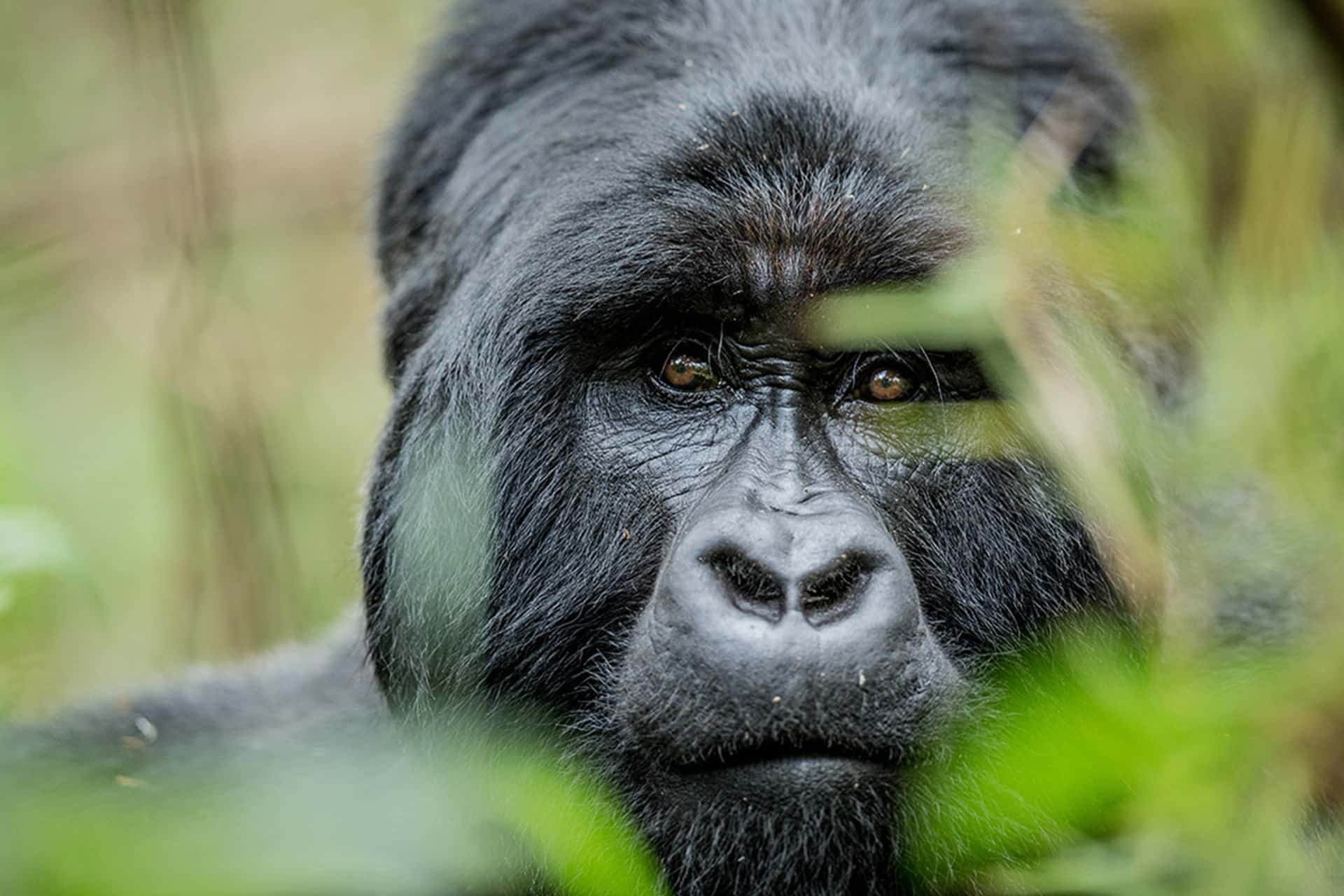
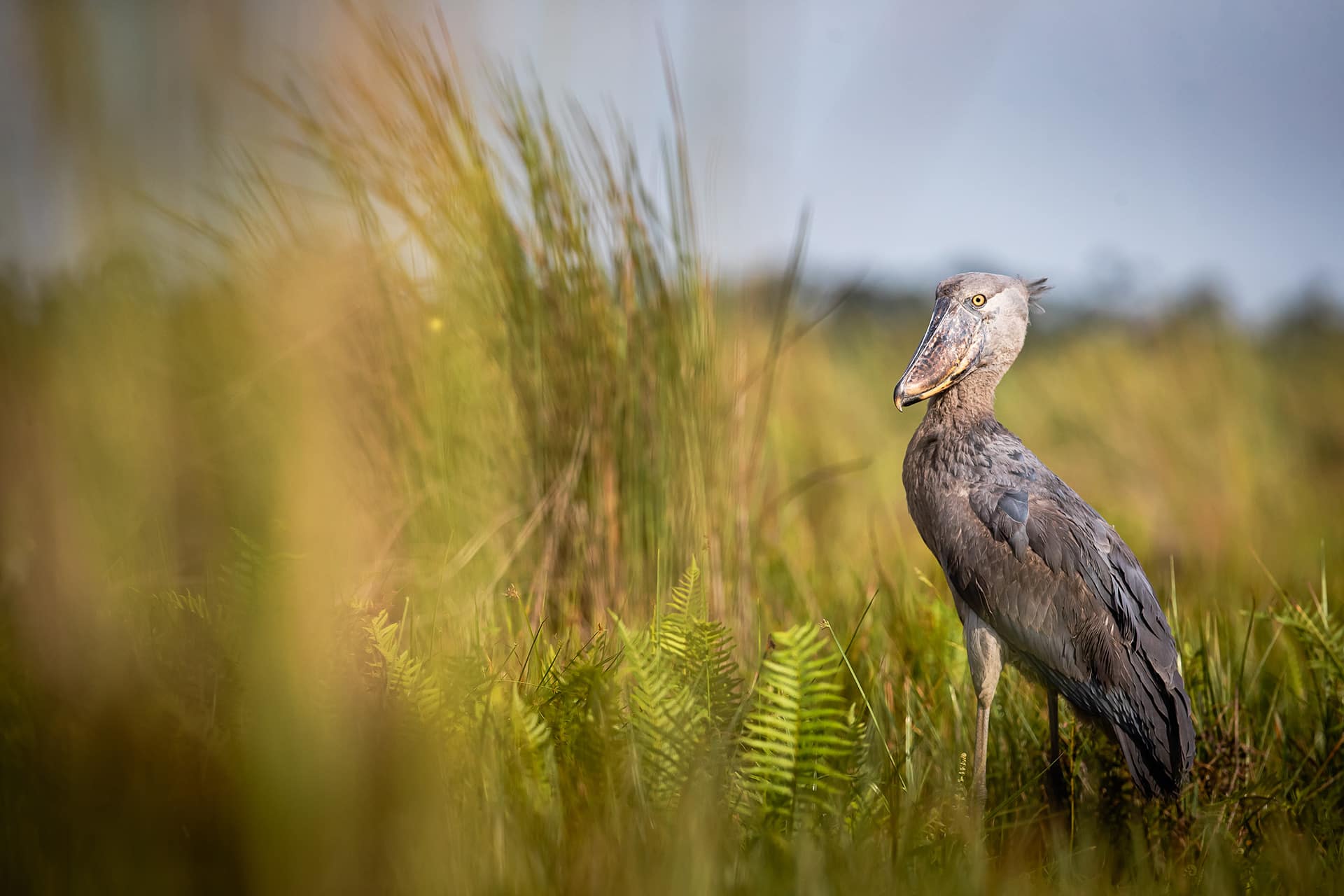
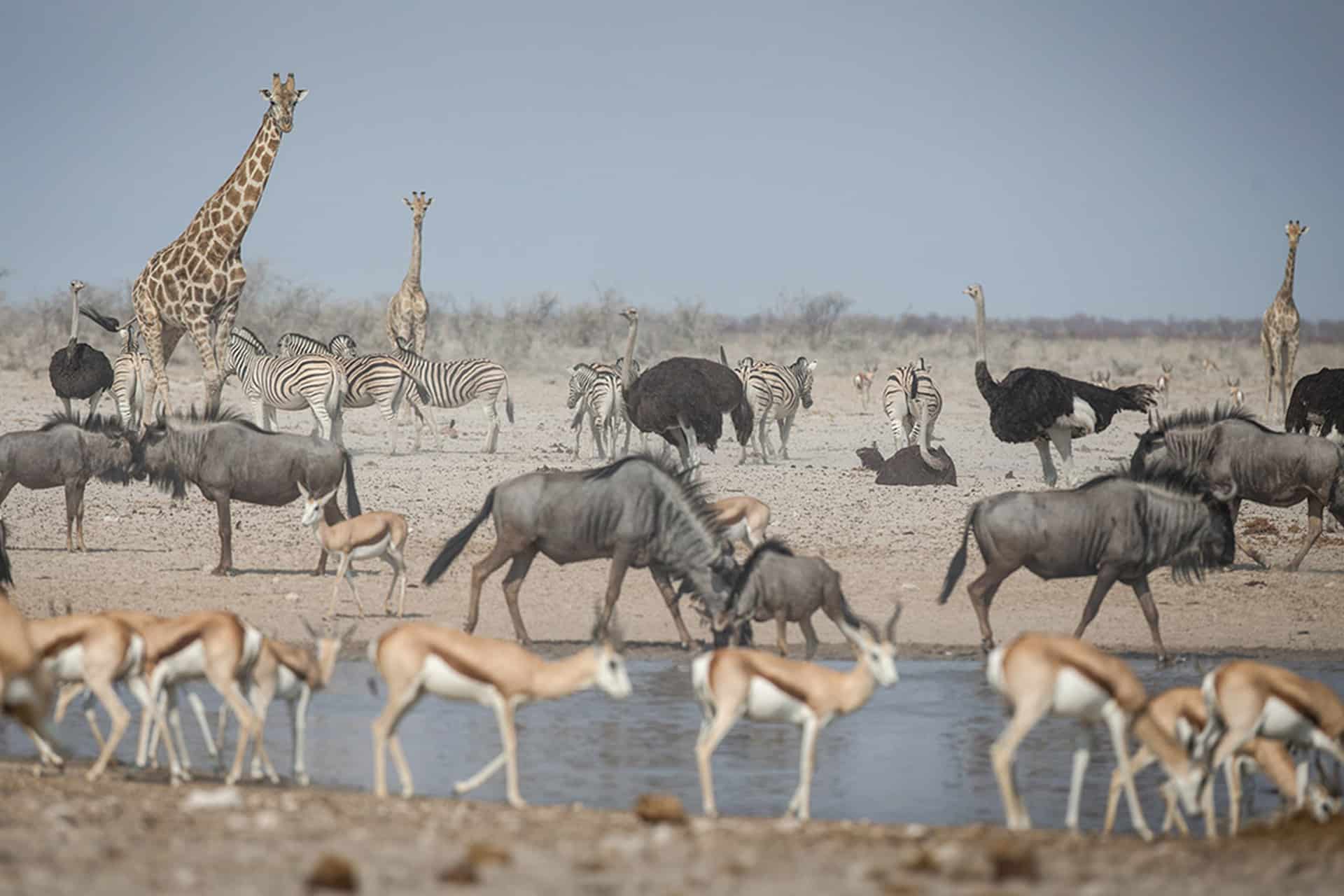
Visiting new and remote places throughout Africa gets me most excited. I’m very fortunate to be able to visit such incredible places and learn more about their culture, wildlife and wilderness areas. There is something incredibly special about Africa’s most remote areas and these are always my favourite to visit places like the DRC and remote parts of Zambia and Zimbabwe. Namibia is also one of my favourite destinations due to its unique and unspoilt locations and beautiful light.
Whether you’re interested in learning more about wildlife photography tips, perfecting your art or learning a new skill, the LuxVenture® Designers at Ker & Downey® Africa can help design the perfect photographic safari that fits your skill set and interests.
Head office:
7 Bree Street, 6th Floor, Touchstone House, Cape Town, South Africa
+27 (0)21 201 2484
[email protected]
United Kingdom: Sportsman Farm, St Michaels, Tenterden, Kent
Ker & Downey® Africa is compliant with COVID-19 Industry Protocols.


Head office: 7 Bree Street, 6th Floor, Touchstone House, Cape Town, South Africa
+27 (0)21 201 2484
[email protected]
United Kingdom: Sportsman Farm, St Michaels, Tenterden, Kent
Ker & Downey® Africa is compliant with COVID-19 Industry Protocols.